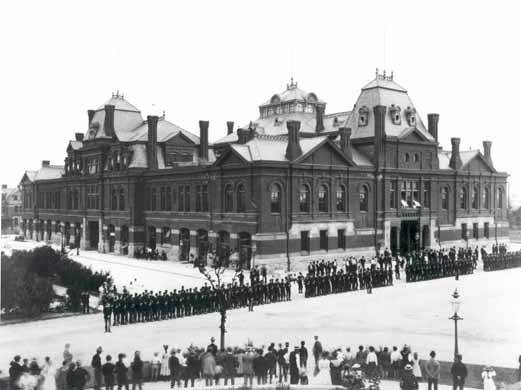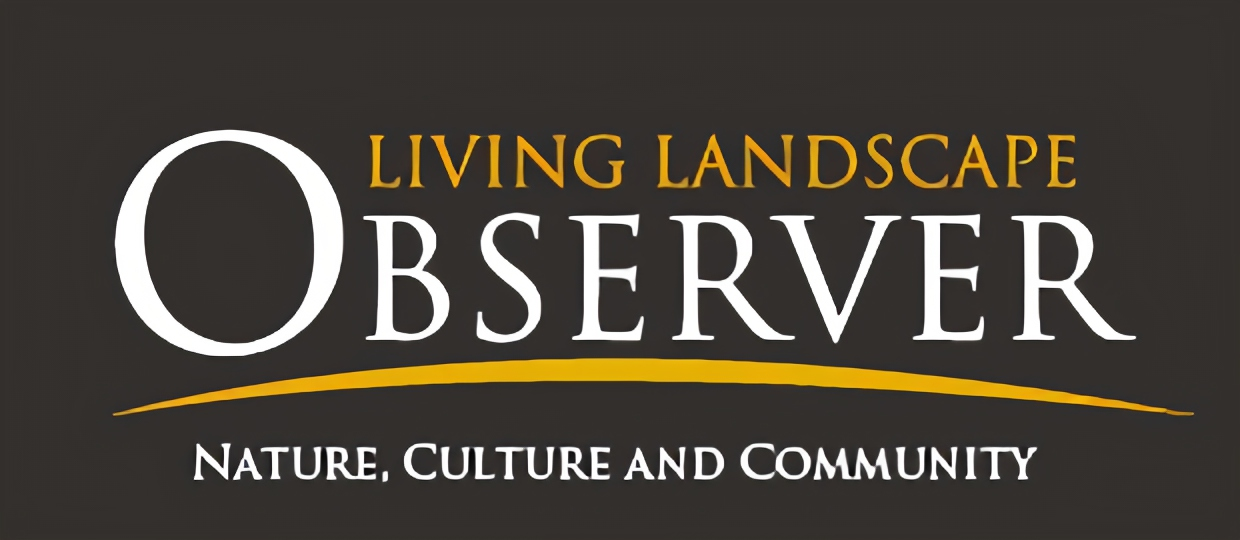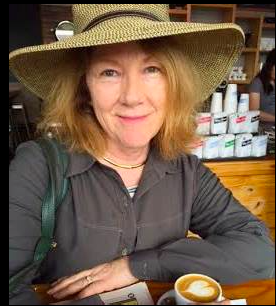To provide observations and information on the emerging fields of landscape scale conservation, heritage preservation, and sustainable community development.
Newsletter
Stay up-to-date with the latest nature, culture and community news.
We won’t spam you or share your information. Newsletters are sent approximately 10 times a year. Unsubscribe at any time.
Who is Responsible for Landscape Stewardship on Farm Land
Many rural landscapes are shaped by centuries of agricultural land use. As agricultural land use practices change, landscapes transform. In fact, transformation is a key-characteristic of any agricultural landscape. Most of these transformations occur without major notice. Others, however, are perceived as unwelcome and result in requests for landscape stewardship interventions. But who is responsible for defining the stewardship goals and the interventions needed for agricultural landscapes, for implementing and bearing the extra efforts or forgone profits?

Preserved and Enlarged Forever
The end of 2014 and the early months of 2015 marked a period of growth for the National Park system, with 9 new units designated by either Congressional action or Presidential Proclamation. However, the additions were not without controversy, with some commentators lamenting that new additions would invariably mean less funding for existing units. In this piece, guest observer Rolf Diamant examines the perennially-vexing question of whether the park system will ever be “complete.”

Why is Funding Large Landscape Work so Darn Hard?
The major land and water conservation challenges facing the nation require action on a scale that is large and multi-jurisdictional.The benefits of landscape connectivity are resilient habitats, essential ecosystem services and stronger cultural connections. Yet, generating and sustaining funding for efforts that seek to work on a landscape scale remain daunting. Why is this case and what might be done about it?
Economic Change and Park Policy
Political economy has long shaped park policy in the United States. Beginning in the late 19th century when the booming railroad business drove the designation of new National Parks to more recent shifts towards privately-funded public spaces, protected areas have always reflected the dominant economic ethos of an era. What can we learn about post World War II park-making by looking at the changing role of the state and the increasing mobility of capital during that time period?
Twitter Tips
Some great twitter tips to consider when utilizing your social media accounts from the manager of the @landscapeobserv twitter account.
Who is Responsible for Landscape Stewardship on Farm Land
Many rural landscapes are shaped by centuries of agricultural land use. As agricultural land use practices change, landscapes transform. In fact, transformation is a key-characteristic of any agricultural landscape. Most of these transformations occur without major notice. Others, however, are perceived as unwelcome and result in requests for landscape stewardship interventions. But who is responsible for defining the stewardship goals and the interventions needed for agricultural landscapes, for implementing and bearing the extra efforts or forgone profits?

Preserved and Enlarged Forever
The end of 2014 and the early months of 2015 marked a period of growth for the National Park system, with 9 new units designated by either Congressional action or Presidential Proclamation. However, the additions were not without controversy, with some commentators lamenting that new additions would invariably mean less funding for existing units. In this piece, guest observer Rolf Diamant examines the perennially-vexing question of whether the park system will ever be “complete.”

Why is Funding Large Landscape Work so Darn Hard?
The major land and water conservation challenges facing the nation require action on a scale that is large and multi-jurisdictional.The benefits of landscape connectivity are resilient habitats, essential ecosystem services and stronger cultural connections. Yet, generating and sustaining funding for efforts that seek to work on a landscape scale remain daunting. Why is this case and what might be done about it?
Economic Change and Park Policy
Political economy has long shaped park policy in the United States. Beginning in the late 19th century when the booming railroad business drove the designation of new National Parks to more recent shifts towards privately-funded public spaces, protected areas have always reflected the dominant economic ethos of an era. What can we learn about post World War II park-making by looking at the changing role of the state and the increasing mobility of capital during that time period?
Twitter Tips
Some great twitter tips to consider when utilizing your social media accounts from the manager of the @landscapeobserv twitter account.


